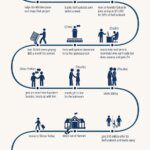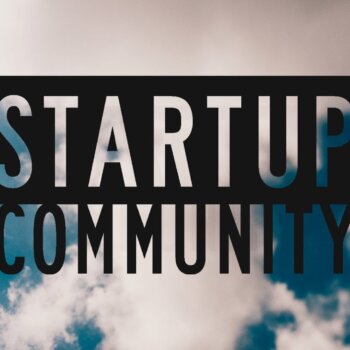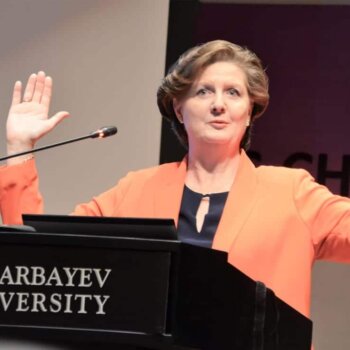Heads up: This might be a tad bit controversial, but this is not going by what is “legally right”, but said in the spirit of both employees and employers understanding what builds the basis of an IP driven ecosystem.
I am slightly biased towards the entrepreneurs, and this would be my advise: Do have non-compete & Confidentiality clauses with the key employees of your organization. You would want to build an open and transparent organization, but you can’t do that if competition can just poach your employees (and with an ecosystem were loyalty doesn’t mean much, as of now). So make sure you are protected – even though legally, Im told its not much at all.
As an entrepreneur you only have two options, either to build an open environment, or to run everything close to your chest and treat your employees like “employees”. But you’d never get the best out of them if you don’t meet them half way and are willing to open up. Just make sure that you don’t find yourself left naked on the streets, when you do.
If you are going to sign non-competes, be fair – to the extent that you can. Don’t say that they can’t ever work in the same space – that’s stupid. They wouldn’t have slogged for you and the startup (loving what they did), if they weren’t passionate about the space in the first place, so do define a cooling period post which they can pursue what they want to.
Things like these can never ever be hard and fast, so the solution lies in both founders and key team members realizing that this is a journey of trust, but should you make some bad choices, have some safety nets, that you dont end up in square one of snake and ladder.
Now, the debates can ensue.





























